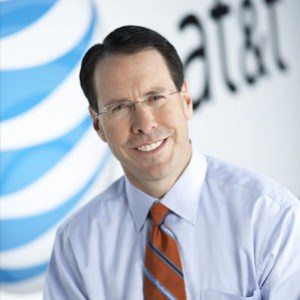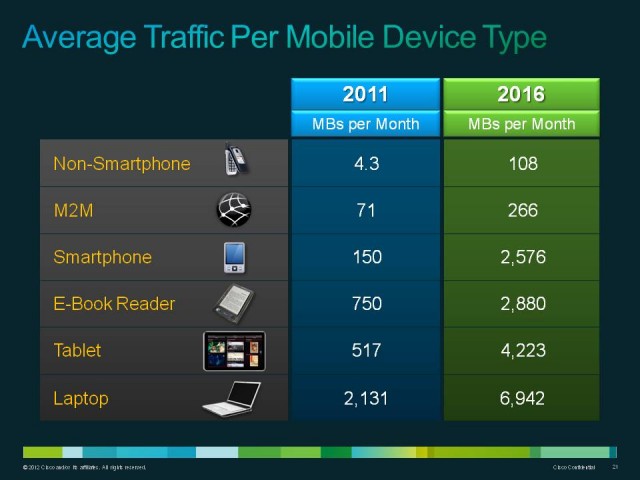
Verizon Wireless: You are being watched.
Would it bother you if the advertiser on that big billboard you just drove past could find out if you later visited that business in response? Should a store like Best Buy or Sears be able to know if you are only using their showrooms to see a product you will eventually buy online? Should your phone company be able to store your complete travel history for years and then create new products and services to pitch aggregated travel observations to anyone willing to pay?
Verizon Wireless does not think you will have a problem with any of this, because it has quietly begun selling this information through its Precision Market Insights (PMI) service.
AT&T is likely not too far behind with a similar service of its own, potentially earning millions from a comprehensive data trove tracking customer locations, travel history, and web browsing habits for an undetermined length of time.
The Wall Street Journal reports shareholder demand for higher profits is pushing cell phone companies to find new revenue streams, even at the potential risk of alienating customers and privacy advocates.
PMI clients may find out more about you than you realize, even though phone companies promise they will not sell personally identifiable information about their customers.
The Phoenix Suns are PMI clients, and by tracking game attendees, Verizon Wireless was able to tell the sports team:
- 22% of game attendees are from out-of-town;
- Most spectators had children at home, ranged in age from 25-54 and earned more than $50,000 a year;
- 13% of baseball spring training attendees in the Phoenix area also went to Suns games;
- Area fast food restaurants running Suns promotions saw an 8.4% uptick in business from Verizon Wireless customers.
Such information can let the sports team target advertisers and offer evidence-based statistics that any campaign will increase sales, and by how much. Malls can use PMI to find certain types of customers that have a history of lingering in mall stores. Billboard owners can see if their ad messages resulted in higher in-store visits.
Customers using a phone under a commercial or government account are exempt from the tracking program. All residential customers are automatically opted in to take part, unless they specifically opt out.
Privacy advocates are concerned carriers are storing personal customer usage data for an undetermined amount of time, and in a form that could be personally identifiable, even if the provider decides not to sell data with that granularity to third parties. That could make cell phone companies prime targets for government/law enforcement subpoenas.
Last year, Verizon sent a notice to customers opting them in to the program unless they specifically opted out. Stop the Cap! covered the story back then, helping customers wishing to opt out.
[flv width=”504″ height=”300″]http://www.phillipdampier.com/video/WSJ Cell Companies Track Customers 5-22-13.flv[/flv]
The Wall Street Journal reports wireless carriers were at first slow to sell data on their customers’ usage habits, but not anymore. Shareholders want new sources of revenue, and wireless companies are packaging and selling customer information to get it. (2 minutes)


 Subscribe
Subscribe AT&T wants everyone in Oklahoma City to stay off the phone and rely on text messaging for communications with family, friends, and loved ones “given high call volumes.”
AT&T wants everyone in Oklahoma City to stay off the phone and rely on text messaging for communications with family, friends, and loved ones “given high call volumes.”
 AT&T says government regulations have hampered the company’s plans to roll out faster broadband networks to areas where consumers and businesses want faster speeds.
AT&T says government regulations have hampered the company’s plans to roll out faster broadband networks to areas where consumers and businesses want faster speeds.



